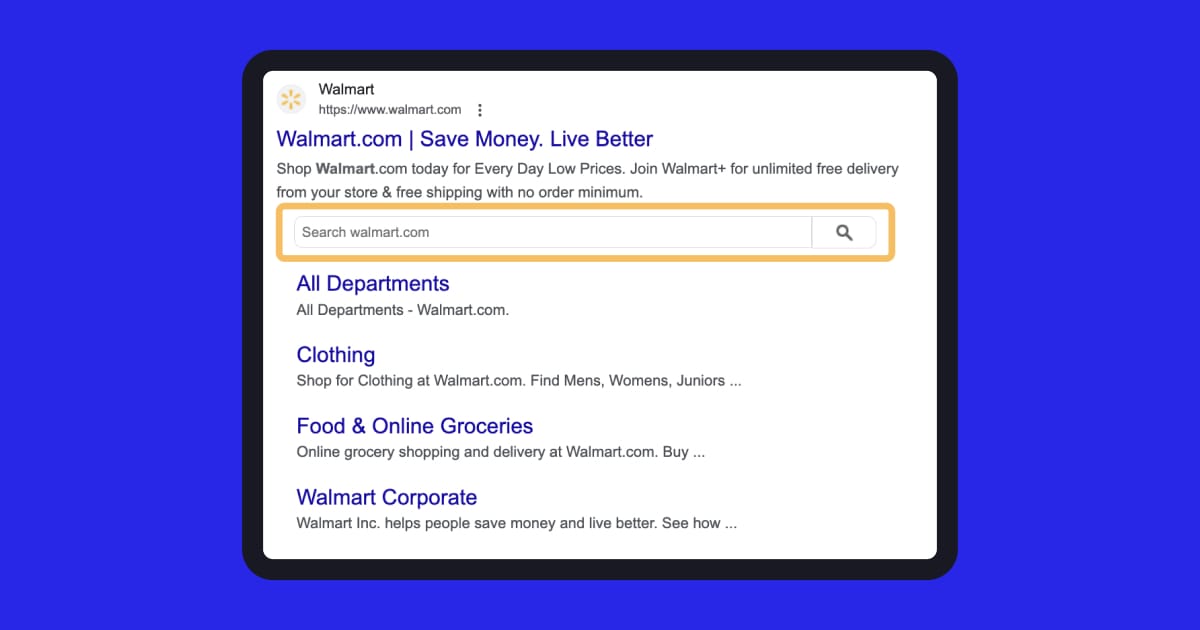Hey! 👋
Ever wonder how some websites get those eye-catching search results with star ratings, FAQs, or event details? It’s not magic—it’s schema markup.
This behind-the-scenes SEO powerhouse helps search engines understand your content better, making your site more informative and enticing in search results.
And as ranking higher becomes more competitive, the small things—like rich results—can make a big difference in helping you stand out.
The best part? It can dramatically increase clicks without requiring a full website overhaul.
✨ How Schema Markup Improves Search Results
Schema markup can generate rich snippets, which are enhanced search results that provide additional information directly in the search listing. These can include:
-
Star ratings for product and service reviews
-
FAQ sections displayed beneath search results
-
Event details with dates and locations
-
Recipe information like cooking time and ingredients
-
Business details including hours, pricing, and contact info
These visual enhancements make your search listing stand out, increasing click-through rates (CTR) by providing users with more relevant and immediate information.
How to Implement Schema Markup
Adding schema markup to your website doesn’t require a full-scale site overhaul. Here’s a simple approach:
-
Choose Your Schema Type: Identify the type of structured data that best suits your content (e.g., Article, Local Business, Product, Review, FAQ, Recipe, Event, etc.).
-
Generate the Code: Use Google’s Structured Data Markup Helper or a schema generator tool to create JSON-LD (JavaScript Object Notation for Linked Data) code.
-
Insert the Code: Add the generated JSON-LD schema markup into the
<head>or<body>section of your website’s HTML. -
Validate with Google: Use Google’s Rich Results Test or Schema Markup Validator to ensure the markup is correctly implemented and eligible for rich results.
-
Monitor Performance: Check Google Search Console to track impressions and CTR improvements in search results.
🚀 Actionable Tip
Find a key page on your site—like your homepage, a service page, or a blog post—and implement at least one type of schema markup (e.g., FAQ, Review, or Article). Use Google’s free tools to validate it and track any changes in visibility over the next few weeks.
Why This Matters
Implementing schema markup provides multiple benefits beyond just SEO rankings:
-
Increased CTR – Rich snippets make your search results more compelling.
-
Improved User Experience – Users get more relevant information directly from search results.
-
Stronger Brand Presence – Enhancing search listings with structured data builds credibility and trust.
-
Better Voice Search Optimization – Structured data helps voice assistants like Siri and Google Assistant deliver more precise answers.
Schema markup is a simple yet effective way to make your website stand out in search results. A small effort now can lead to big visibility gains in the long run!
Stay ahead of the curve,
Adam Goetz @ Reciprocal





